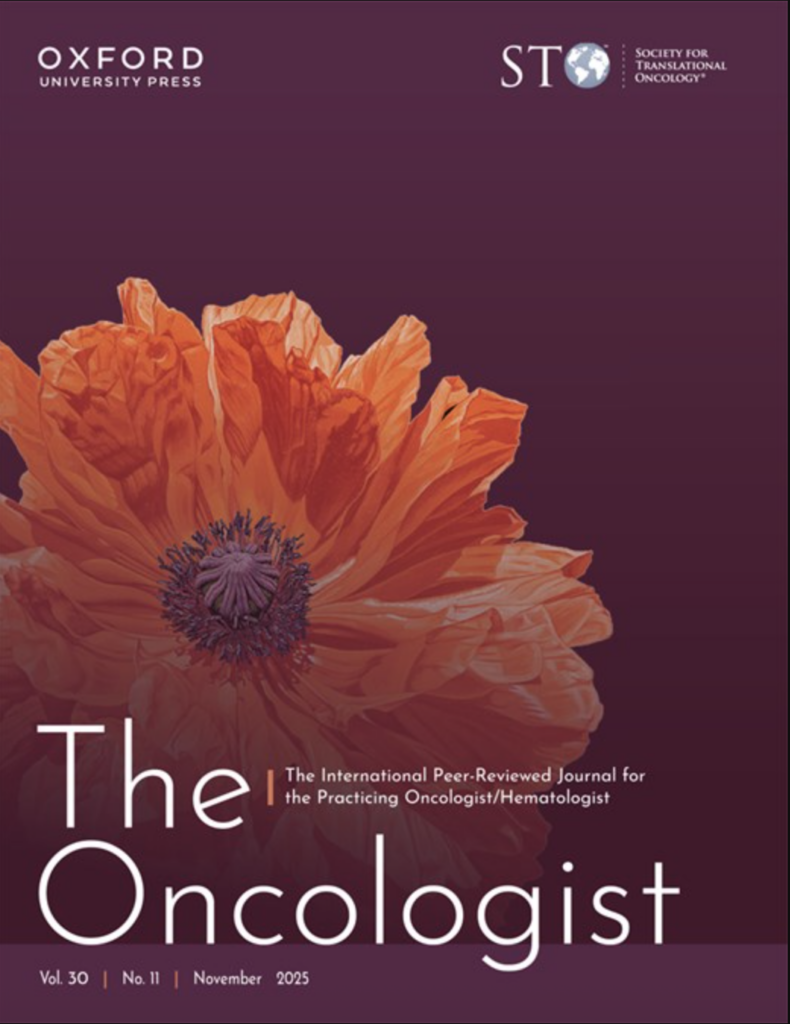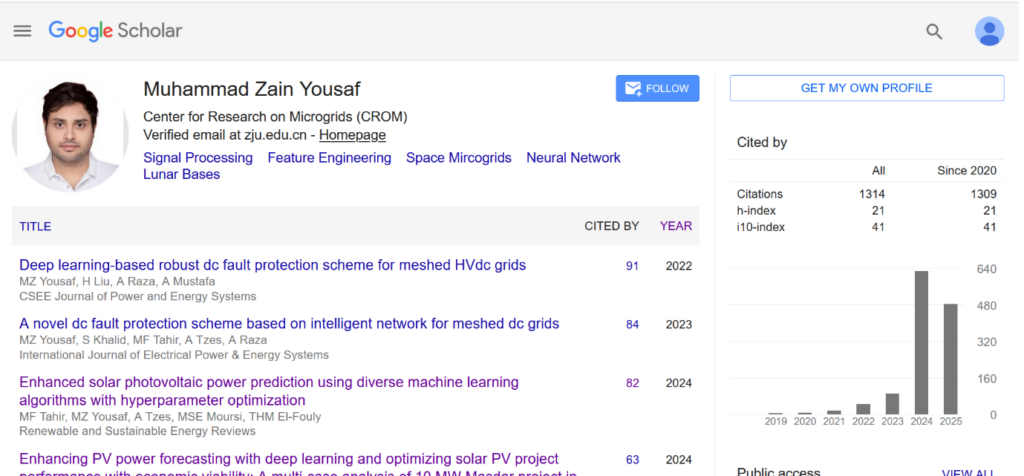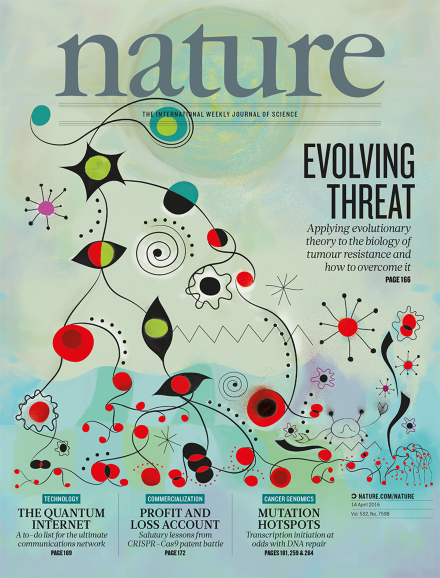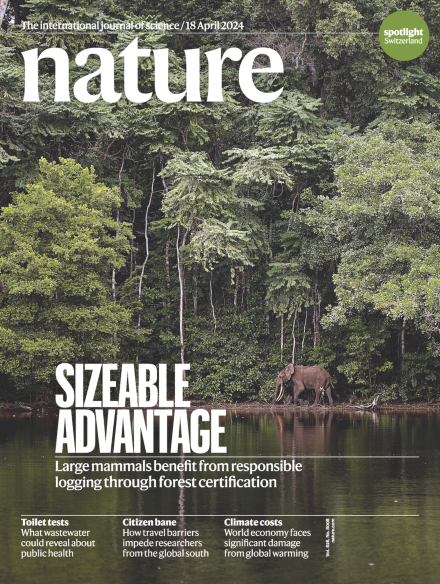
Dear RW readers, we look forward to wrapping up the week with Weekend Reads. If you enjoy it too, please consider showing your support with a tax-deductible donation.
The week at Retraction Watch featured:
- How to juice your Google Scholar h-index, preprint by preprint
- One of Kazakhstan’s top nuclear physicists also leads his nation in retractions
- COPE’s involvement leads to retraction of paper on homeopathy for lung cancer
- Journal removes funding statement from hormone therapy paper without issuing correction
Did you know that Retraction Watch and the Retraction Watch Database are projects of The Center of Scientific Integrity? Others include the Medical Evidence Project, the Hijacked Journal Checker, and the Sleuths in Residence Program. Help support this work.
Here’s what was happening elsewhere (some of these items may be paywalled, metered access, or require free registration to read):
Continue reading Weekend reads: Springer Nature retracts papers using ‘bonkers’ dataset; preprint server welcomes AI authors; ethics editors’ COI disclosures ‘insufficient’






